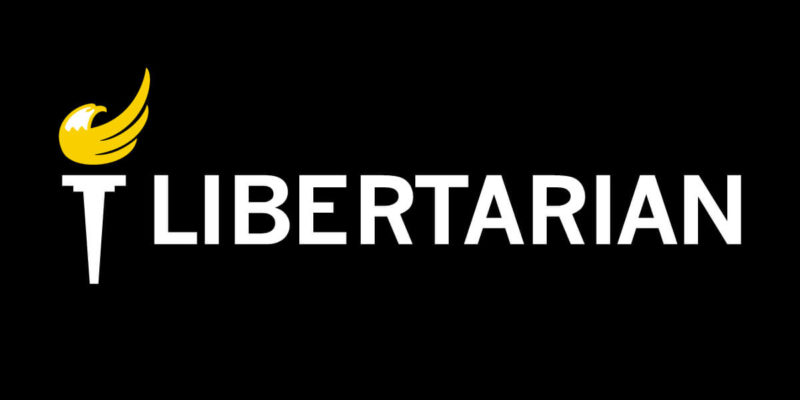Early on the morning of June 12, our friend, and the friend of individual liberty and freedom, the first Libertarian Presidential candidate in 1972, passed quietly away in his sleep without pain and suffering, of natural causes.
John Hospers was born and raised in Pella, a town near the Iowa state capital, Des Moines, inhabited chiefly by descendants of émigrés from Holland in the early nineteenth century. John’s great-grandfather, also John Hospers, was one of the founders of Pella in l847 and l849, whose brother, Henry Hospers, became part of the “second emigration” from Holland a few years later and settled in Sioux County in northwest Iowa, founding Orange City, where some of the Hospers clan still live. The greeting “Oranje boven” (long live the House of Orange) is still familiar there, through the Dutch language, which was current in both Pella and Orange City in the early years, and was still the language of daily conversation there when John Jr. was growing up speaking Dutch in the 1920s. His ‘first language’ has become almost unknown to the generation that is now in its 30s.
John Jr. graduated from the Pella Public Schools in l935 (he was one of the finalists in the Iowa state spelling contest in 1931) and graduated from Central College, also in Pella, in l939. During two of these years at Central, at the request of the dean of the college, he taught the junior-senior course in astronomy, his favorite subject, also supervising star studies on clear nights and using the college observatory’s telescope to exhibit the rings of Saturn, the Milky Way, and numerous star clusters to assembled students. He remembers this, his first teaching experience, as the most exciting of his life.
Astronomy, however, is not a widely taught subject, and in the end he got his Master’s degree in literature at the State University of Iowa and his Ph.D. in philosophy at Columbia University. As an instructor at Columbia he taught philosophy and humanities for two years, then philosophy at the University of North Carolina and the University of Minnesota. His doctoral dissertation, “Meaning and Truth in the Arts,” became his first published book, which remained in print for forty years, and his second book, “Introduction to Philosophical Analysis,” went through four editions and is still in print. This was followed by his book on ethics, “Human Conduct,” which remains in wide use, along with a considerable assortment of articles in aesthetics and epistemology in various journals and anthologies.
In his earlier years government was seen as an interference with freedom and prosperity. He remembers still how his grandmother would go to the polls and vote regularly for the Democratic candidate while his great-grandmother (who lived to be past 100) voted for the Republican candidate — and one of his earliest political memories is of two of his uncles remarking on the Roosevelt landslide of 1936, “This will be the end of freedom in America.”
While teaching at Brooklyn College in 1960 he became acquainted with Ayn Rand, with whom he met at regular intervals to discuss various aspects of philosophy and world affairs. He wrote about his friendship with her in various articles, available now on his website JohnHospers.com.
There was no Libertarian Party when he became chairman of the philosophy department of the University of Southern California in l968. Little did he know that in l972 he would become the first Libertarian Party candidate for the presidency of the United States, and received an electoral vote in the bargain. Traversing the country in a political campaign was hardly his style, and he was relieved to return to academia to resume his academic career. (He wrote about this in his 2007 article in Liberty, “The Founding of the Party.”)
Though retired, at 91 years of age, he still did extensive reading and some writing. Compulsory retirement at 70 was a cause of great distress, since he loved teaching even above writing. He believed that the current “leftist generation” in academia is a considerable “fall from grace” of the academic profession from the days in which knowledge of one’s political affiliation was not considered a prerequisite to being hired for doing the job one knows the most and loves the best.

